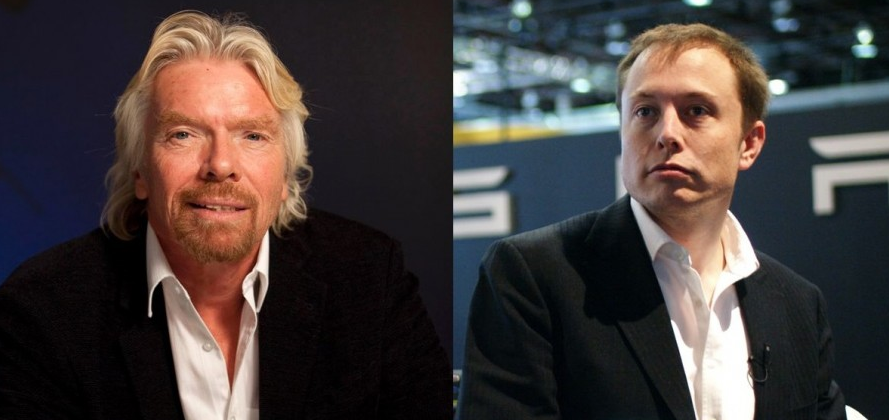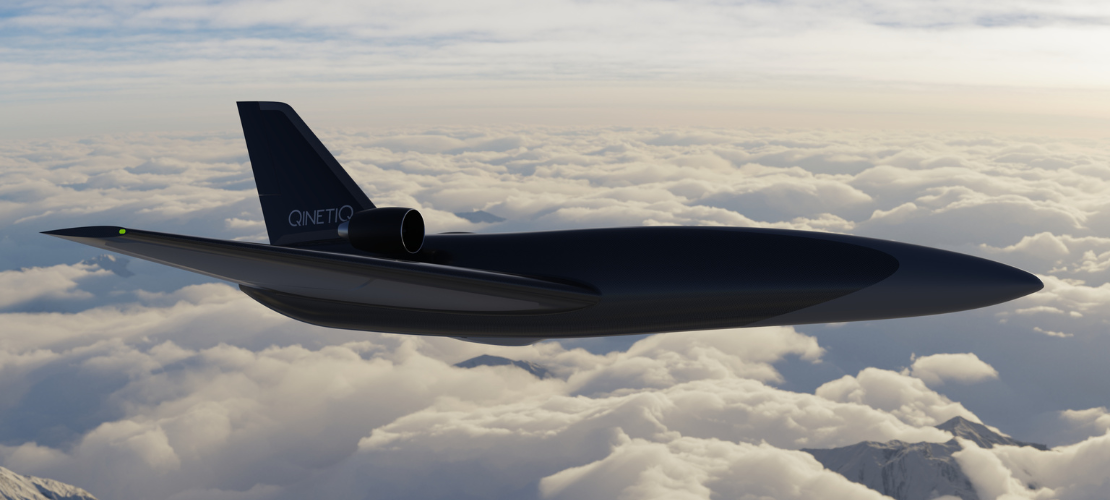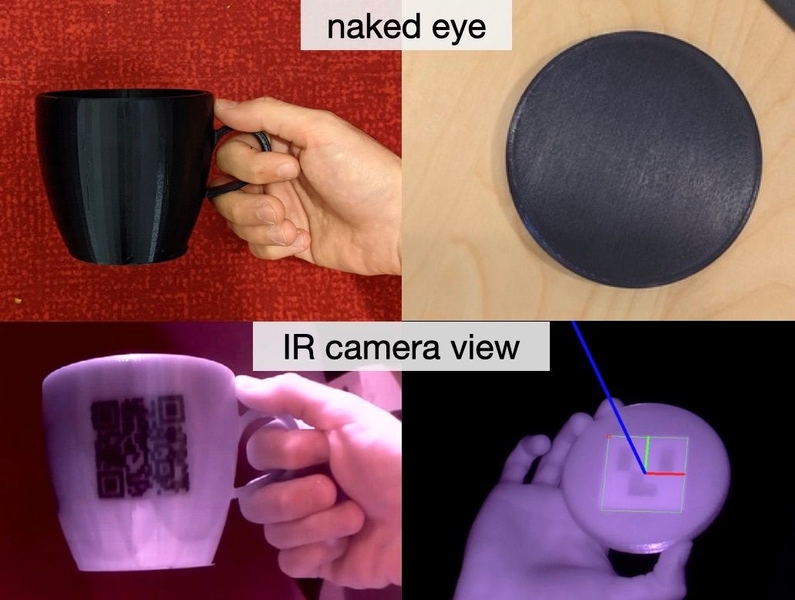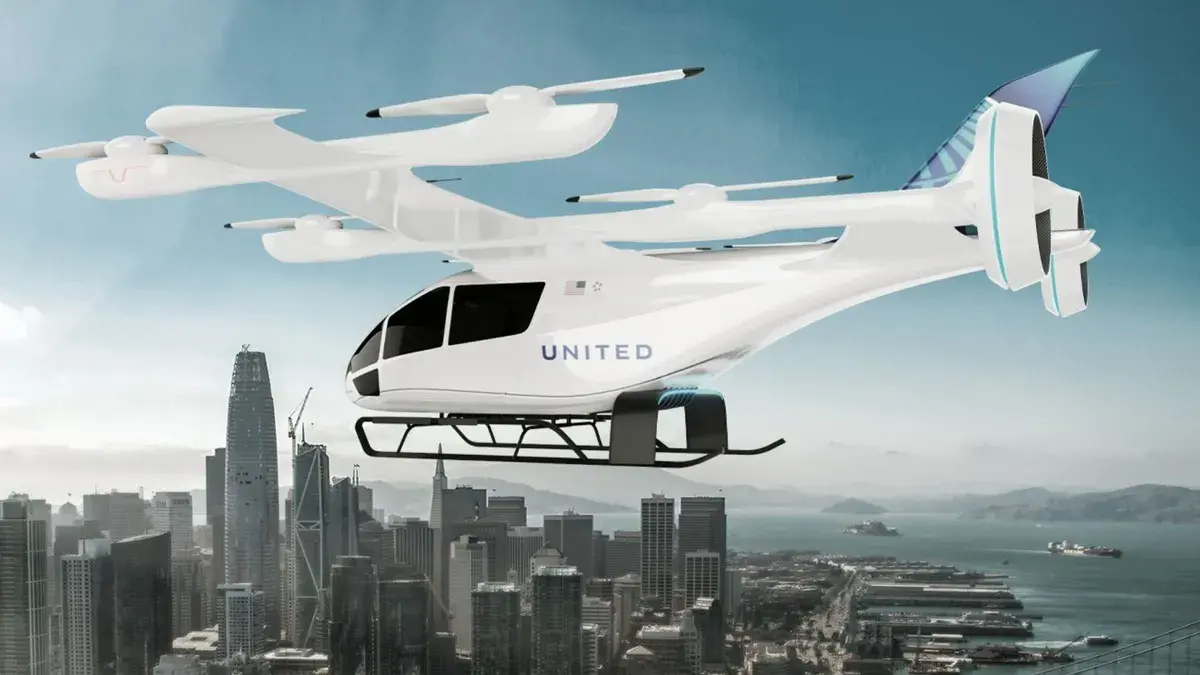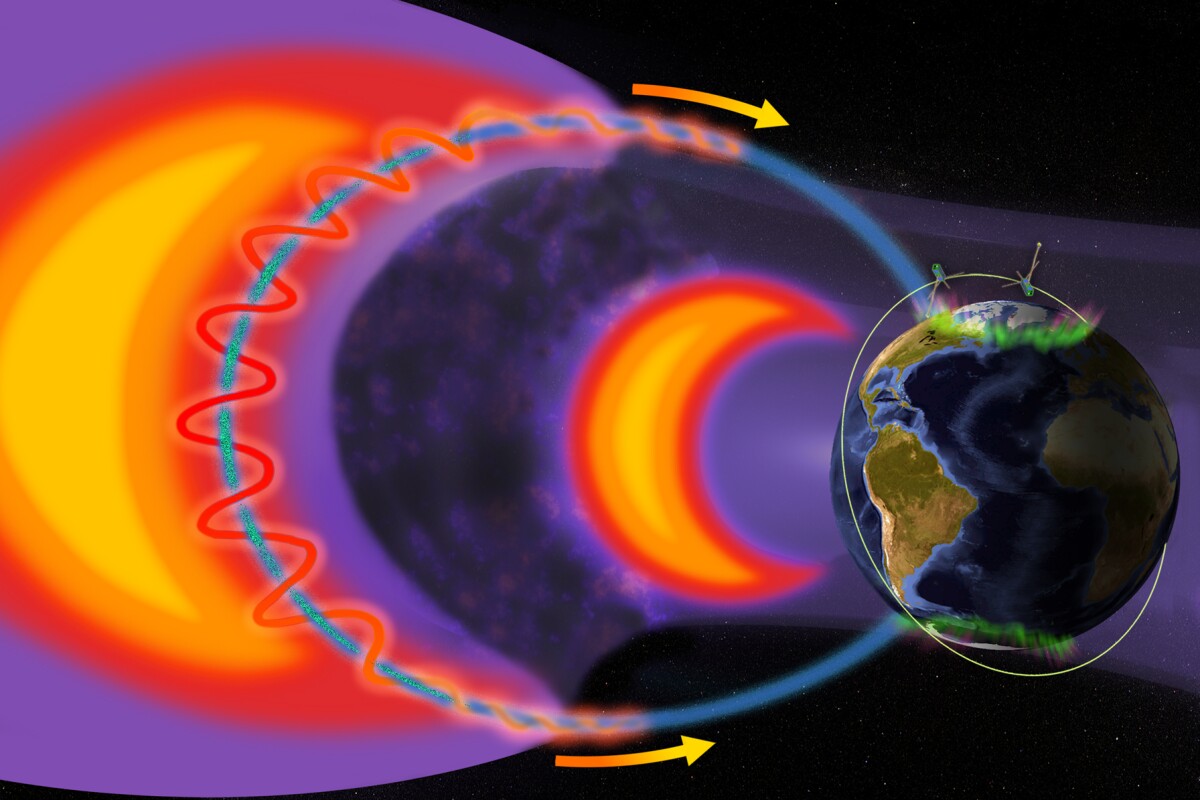The future of technological development lies in private industry. Since government enterprise relies on public funding which can become unreliable or unpopular, it seems increasingly clear that organizations such as Elon Musk’s Space Exploration Technologies (better known as SpaceX) and Richard Branson’s Virgin Galactic hold the key to major innovation.
As the founder and chief executive officer of Space Exploration Technologies, Elon Musk, who also co-created the online currency exchange giant Pay-pal, and Tesla Motors, believes that major leaps in space exploration will be made possible in the coming decade. SpaceX designs, crafts, and launches innovative space vehicles and has recently received investments from Google, Fidelity, and NASA. SpaceX offers less expensive launches than government-funded programs by employing reusable rockets. The spending rate amounts to less than one percent of NASA’s previous $60 million per flight price tag.
The 2012 round trip journey of SpaceX’s Dragon spaceship to the International Space Station was a groundbreaking success for commercial space travel. This achievement led the United States military to consider contract opportunities with SpaceX. One caveat about the company’s rockets is that their usefulness lies in their re-usability. In essence, if the rocket can’t be retrieved, as has happened in the past, it can’t be reused, something they’ve been looking to curb with their new “Space Taxis”. In addition, the explosion of a test rocket in October 2014 due to a malfunction involving the self-destruct capacity of the vehicle does not bode well.
Musk’s conviction that major Mars colonization efforts will be underway in approximately ten years has led him to fund a global Internet venture as a way to secure funds for a mission to the red planet. Elon Musk eventually intends to use the profits from the global Internet system to finance a large-scale sustainable colony on Mars. Of course, this hinges on the success of the reduced-cost satellite Internet system he’s attempting to create, one which isn’t too dissimilar from Hughesnet’s existing network.
Richard Branson is the head of the Virgin Group, a conglomeration which incorporates 250 companies in diverse industrial sectors. A pioneer in space tourism, Branson’s Virgin Galactic will offer commercial flights that take passengers just outside Earth’s atmosphere to experience total weightlessness. However, the program suffered a major setback at the end of 2014 when SpaceShipTwo crashed due to a malfunction. Eventually, the vehicles utilized in this venture could progress to revolutionize transportation. Hypersonic flight would move goods and people more rapidly over long distances. By leaving the point of origin and exiting the atmosphere, the vehicle would travel through space, thereby arriving more quickly at its intended destination.
The race between Richard Branson and Elon Musk to provide inexpensive global Internet will literally change the world. It has already been shown that access to cell phones greatly improves the quality of life for citizens of developing nations. Therefore, Internet connection can only enhance progress. Unfortunately, past ventures into global Internet technology failed due to insufficient funding and underestimation of the advancement of receiver technology. Both Musk and Branson plan to launch satellites into low Earth orbit (LEO) that will connect with terrestrially bound receivers. However, the difference lies in the execution of the two systems.
Branson’s group consists of a partnership between himself, One Web and Qualcomm, a communications technology innovator. Together they intend to produce 648 small satellites that will be part of a large network that utilizes the radio spectrum for communication. The incorporation of radio into the system puts the Virgin Group a step ahead as Greg Wyler, the creator of OneWeb, owns the rights to most of the radio spectrum. They plan to be ready to commence operation by 2018.
Musk is of the opinion that his system needs to be advanced enough to allow for technological evolution. He expects that the system will include 4,000 satellites and be fully operational in 12-15 years.
Both Branson and Musk have pretty compelling plans which could provide viable options for future space endeavors, and though it’s unclear yet which of the two will come out on top with their efforts to privatize space, it’s hard to see who else is even trying some of these approaches. In a few years, it’s entirely possible that between them, SpaceX and Virgin Galactic will revolutionize the space and Internet industries.

